¿Qué es lo que los médicos ofrecen (y ofrecerán en el futuro) que no puede ser brindado por otros profesionales de la salud? Esa interrogante la lanzaba un comentario editorial del British Medical Journal a lo que, también respondía: “Diagnóstico, diagnóstico, diagnóstico”. Un enfermero pudiera trasplantar un corazón un día, un técnico anestesiar a un paciente y un farmacéutico controlar un tratamiento medicamentoso complejo. Pero siempre se necesitarán médicos para que hagan diagnósticos.
Por otra parte, para actividades de gran importancia en nuestro sector, como las de promoción de salud, prevención y rehabilitación, tampoco los médicos siempre tienen el papel protagónico y, en ocasiones, no son imprescindibles. Leer más…
. En: Artículos recomendados ![]()
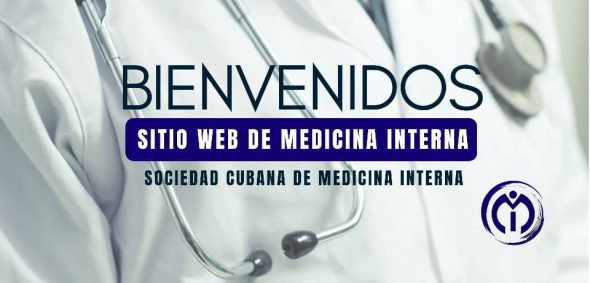
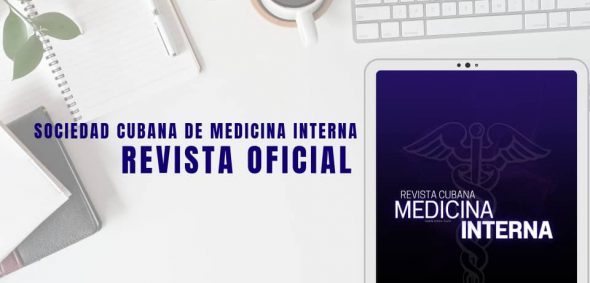


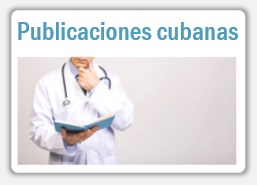

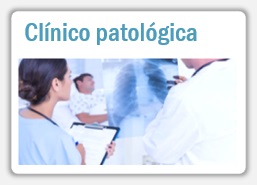

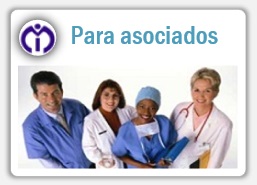







DE NUESTROS LECTORES